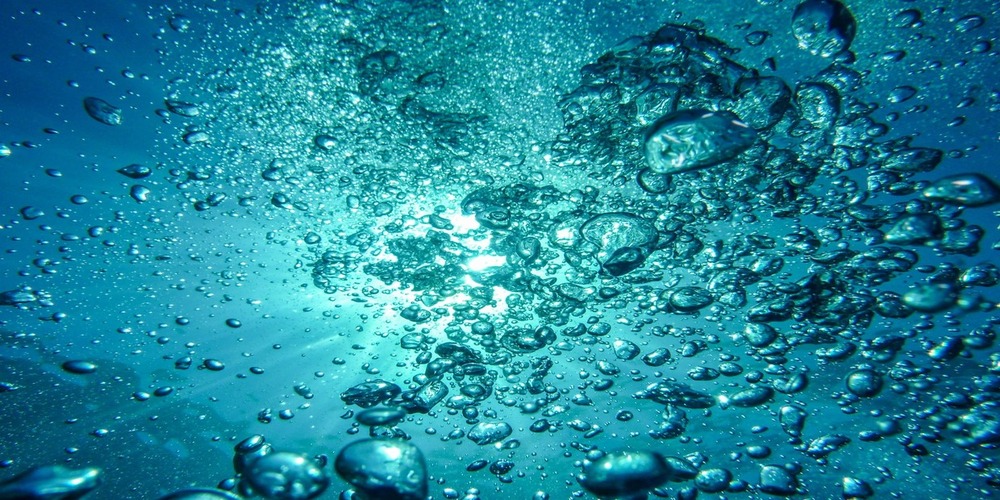Wastewater Treatment Methods
In the wastewater treatment process, we remove contaminants from wastewater, or sewage, before discharging it into the environment or reusing it for various purposes. Wastewater treatment can prevent water pollution and conserve water resources. There are different methods of wastewater treatment depending on the type, source, and quality of the wastewater. Some of the common methods are:
- Primary treatment: This is the first stage of wastewater treatment, which involves the physical removal of solid materials, such as grit, grease, and trash, by screening, sedimentation, or flotation. Primary treatment reduces the organic load and suspended solids in the wastewater.
- Secondary treatment: This is the second stage of wastewater treatment, which involves the biological degradation of organic matter and nutrients, such as carbon, nitrogen, and phosphorus, by microorganisms. Secondary treatment can be done by aerobic or anaerobic processes, such as activated sludge, trickling filters, or anaerobic digesters. Secondary treatment reduces the biochemical oxygen demand (BOD) and chemical oxygen demand (COD) of the wastewater.
- Tertiary treatment: This is the third stage of wastewater treatment, which involves the further removal of residual pollutants, such as pathogens, metals, and dissolved solids, by physical, chemical, or biological processes, such as filtration, disinfection, adsorption, or nitrification-denitrification. Tertiary treatment improves the quality and safety of the treated wastewater for reuse or discharge.
Genesis Water Solution provides various solutions, for all kinds of industrial wastewater and municipal sewage treatment, that comply with discharge regulations or enable reuse.
Types of Wastewater treatment
1. Sewage Treatment
Domestic wastewater or municipal sewage, laden with organic matter, nutrients, pathogens, and pollutants, is treated using biological processes like MBR, SBR, MBBR, or ASP. These processes utilize microorganisms to degrade organic matter and nutrients, yielding treated water and sludge. Genesis Water Solution can create sewage treatment plants using these processes to meet client’s discharge or reuse standards.
- Membrane Bioreactor (MBR): This type of wastewater treatment combines biological degradation of organic matter and nutrients by microorganisms with membrane filtration of the treated water. MBR can produce high-quality effluent that is suitable for reuse or discharge. It can also reduce sludge production and save space and energy.
- Sequential Batch Reactor (SBR): This is a type of wastewater treatment that uses a single tank to perform different stages of biological treatment, such as fill, aeration, settling, and decantation. SBR operates in batch mode, meaning that each stage is completed before the next one starts. It can provide better control over the treatment process and the removal of nutrients and pathogens.
- Moving Bed Biofilm Reactor (MBBR): This is a type of wastewater treatment that uses plastic carriers that support the growth of biofilms of microorganisms. Aeration or mechanical mixing in the reactor keeps these carriers in suspension. The biofilms degrade the organic matter and nutrients in the wastewater and produce treated water and sludge. MBBR can offer high treatment efficiency and stability and low maintenance and operation costs.
- Activated Sludge Process (ASP): This is the most common type of wastewater treatment that uses aeration and floc to separate sludge from water. ASP involves an aeration tank where microorganisms multiply and decompose the organic matter and nutrients in the wastewater, and a settling tank where the microorganisms settle and separate from the treated water. Part of the sludge is recycled back to the aeration tank to maintain the biological activity. ASP can reduce the organic load and suspended solids in the wastewater.
2. Industrial Effluent Treatment
This is the treatment of wastewater from industrial processes that contains specific contaminants, such as metals, chemicals, oils, dyes, etc. Depending on the type and concentration of the contaminants, we can perform industrial effluent treatment by various physical, chemical, or biological processes. These processes can include filtration, precipitation, coagulation, adsorption, oxidation, reduction, etc. Genesis Water Solution can provide customized solutions for industrial effluent treatment that use these processes to remove contaminants and recover valuable by-products, such as salts and brines.
Solutions
- Water Pre-Treatment
- Water softening methods and technologies
- Boiler water treatment methods and technologies
- Drinking Water Treatment Plant
- Desalination
- Ultrapure water treatment technologies
- Condensate polishing technologies
- Cooling Tower Makeup
- Sewage Treatment – Membrane Bioreactor (MBR) – Sequential Batch Reactor (SBR) – Moving Bed Bioreacter (MBBR) – Activated Sludge Process (ASP)
- Industrial Effluent Treatment
- Using Press Filters to Recycle Wastewater in a Conventional Way
- Using Multi Effect Evaporators to Recycle Wastewater


